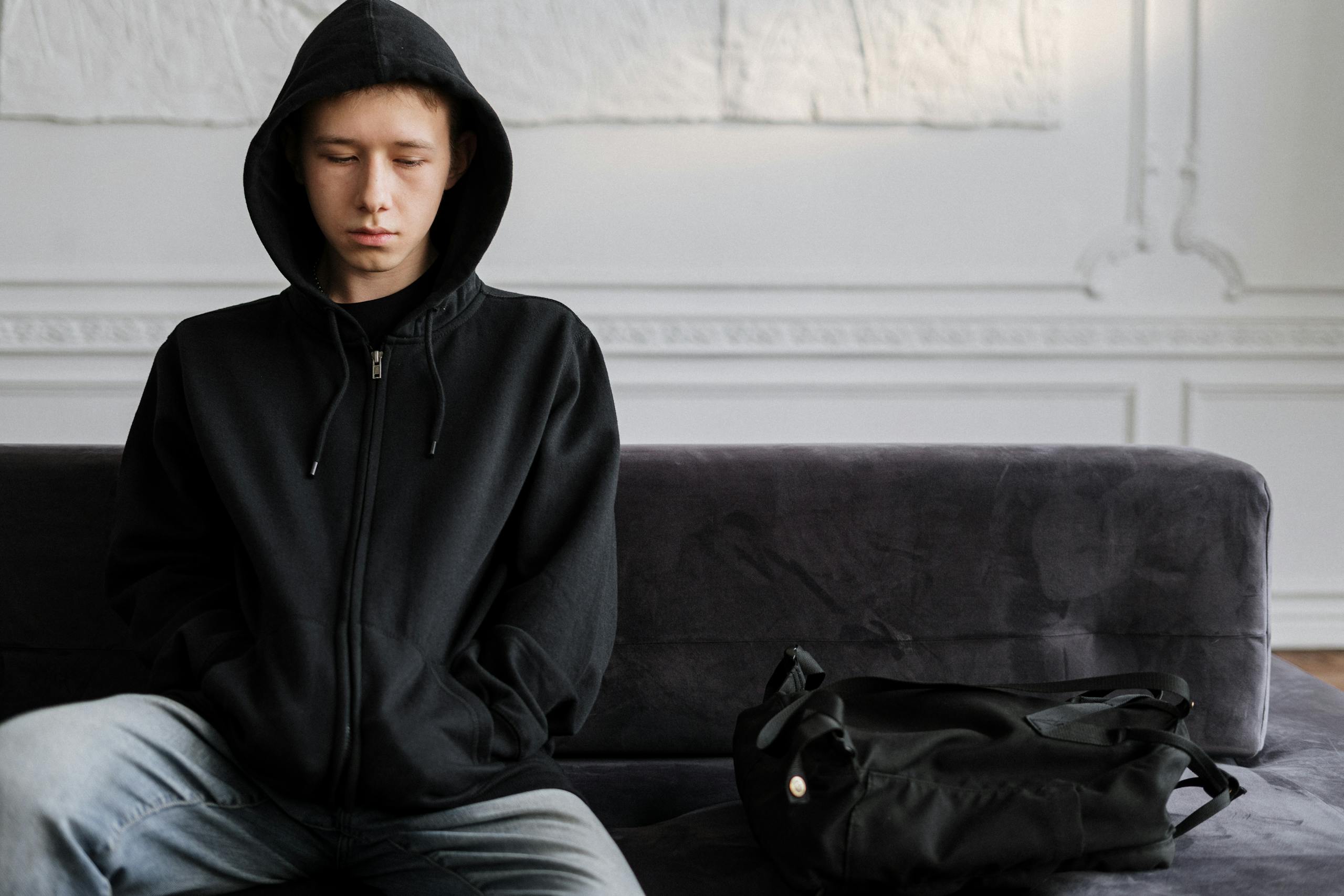Feel like yourself again — one honest conversation at a time
Psychotherapy for Anxiety
Feeling anxious doesn’t always look like panic — sometimes it’s overthinking everything, trouble sleeping, feeling tense in your body, or never being able to relax. Whether your anxiety feels loud and overwhelming or quiet but constant, you don’t have to manage it alone.
I offer psychotherapy for anxiety to individuals, couples, teens, and children. These sessions are offered in-person at my Kingston office (corner of Princess Street and Sydenham Road), virtually anywhere in Ontario or walk-and-talk is available on the K&P trail for ongoing clients.
For those experiencing anxiety and worry symptoms, I also run a group program grounded in Cognitive Behavioural Therapy (CBT) called Anxiety & Worry: Reclaiming Your Calm. Designed as an affordable alternative to individual psychotherapy, this group provides consistent weekly support with sessions that build week by week using structured, evidence-based strategies.
How Anxiety Might Show Up
- Racing thoughts or constant worry
- Trouble concentrating or feeling “foggy”
- Difficulty falling or staying asleep
- Feeling tense, restless, or on edge
- Muscle tightness, jaw clenching, or headaches
- Fast heartbeat, chest tightness, or shortness of breath
- Upset stomach, nausea, or digestive issues
- Avoiding certain situations, places or people
- Overthinking or replaying conversations
- Feeling easily overwhelmed or overstimulated
- Irritability or sudden mood changes
- Needing excessive reassurance or control
- A sense that something bad is going to happen

Frequently Asked Questions about Anxiety



Group Therapy
Anxiety & Worry
Reclaiming Your Calm
This is a 10-week group therapy program designed to help individuals better understand and manage chronic worry and generalized anxiety. Drawing from evidence-based cognitive behavioural strategies, each session explores key themes like the nature of worry, unhelpful thinking patterns, attention training, problem-solving, and accepting uncertainty. The group offers a supportive space to explore your experiences and develop more helpful ways of responding to anxiety—both now and in the future.
Learn more about this CBT Group on Anxiety & Worry
Ready to Book?
Booking a psychotherapy appointment is simple and straightforward through my secure Jane platform. Just choose a time that fits your schedule—no back-and-forth emails needed. Evening and weekend appointments are available. I’m here when you’re ready to begin.
Still have more questions?
Check out my FAQ section for more information or contact me.

